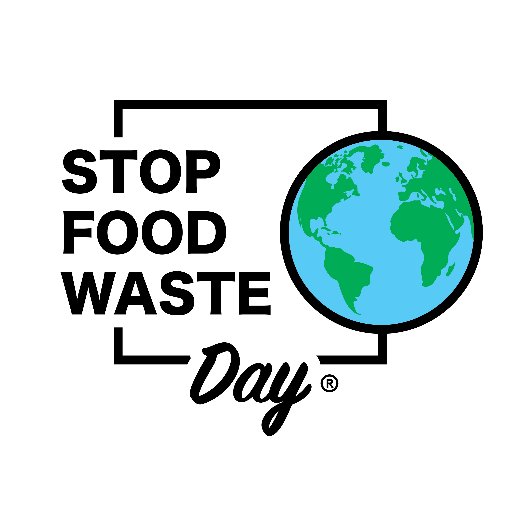Always having to clear the out of date veggies from your fridge or playing roulette with dodgy-smelling food? Steven, our Money Advice Officer, has some hints and tips to help you reduce your food waste to help the environment – and keep more pounds in your pocket.
24 April 2019 is Stop Food Waste Day. Their website states “food waste is a global issue with a wide variety of environmental, social and economic impacts. We need to unite in driving education as well as make tangible changes to the culture around food.”
The statistics about food waste are staggering – 33% of all food produced is wasted every year, rising to almost 50% for fruit and vegetables alone. Even if only 25% of this waste was reduced, it would be enough to feed 870 million hungry people. Therefore, this is a massive issue with a lot of implications.
So how can you do your bit to help?
1. It’s all in the planning
Planning out all your meals in advance before you go shopping will focus you on what you really need to buy. Looking through your fridge, freezer and cupboards to see what you already have in will give you some good ideas for recipes using these ingredients so you can make sure they are not forgotten about – websites such as Supercook can help you come up with new ideas. There are lots of meal planners you can download or you can find them in your local stationery shop. Not only will you prevent food going in the bin, your wallet will also thank you!
2. Use your freezer well
You can freeze your leftovers to eat another time, store bread and defrost it when you need it, and even pre-prepare fruit and vegetables to reduce preparation time when you are cooking. Always make sure you mark the date you put food in the freezer and pay attention to the guidelines on how long different types of food will last in there. Also, it’s a good idea to remove any excess air from bags or containers to prevent freezer burn, which can ruin the taste of food.
3. You can still eat things that are past their best
Wilted veg can sometimes be revived by soaking in ice water for a few minutes. If they are too far gone, they might make a great soup. Bananas are good to eat even if they are starting to go spotty, and any brown bits inside can be chopped out, or you could even bake them into a cake or loaf.
4. Educate your family
Keep your portion sizes reasonable. Younger children especially tend not to clear their plates – give them a child-sized portion and you can always give them seconds if they are still hungry. Try making meal planning a fun family activity and you will be passing on life skills to future generations.
5. Be a savvy shopper
Seafood, meats and poultry spoil quicker the longer they are kept out of the fridge. It’s a good idea to pick these items up last when you are shopping, then go straight home to put them away. This way they’ll last as long as they possibly can, and you reduce the risk of them turning before you get a chance to cook them.
If you have any more handy hints and tips to help stop food waste, why not pass them to Steven so he can add them to the list? As always, if you need any help or advice in relation to benefit entitlements or debt problems, get in touch for a free appointment.






